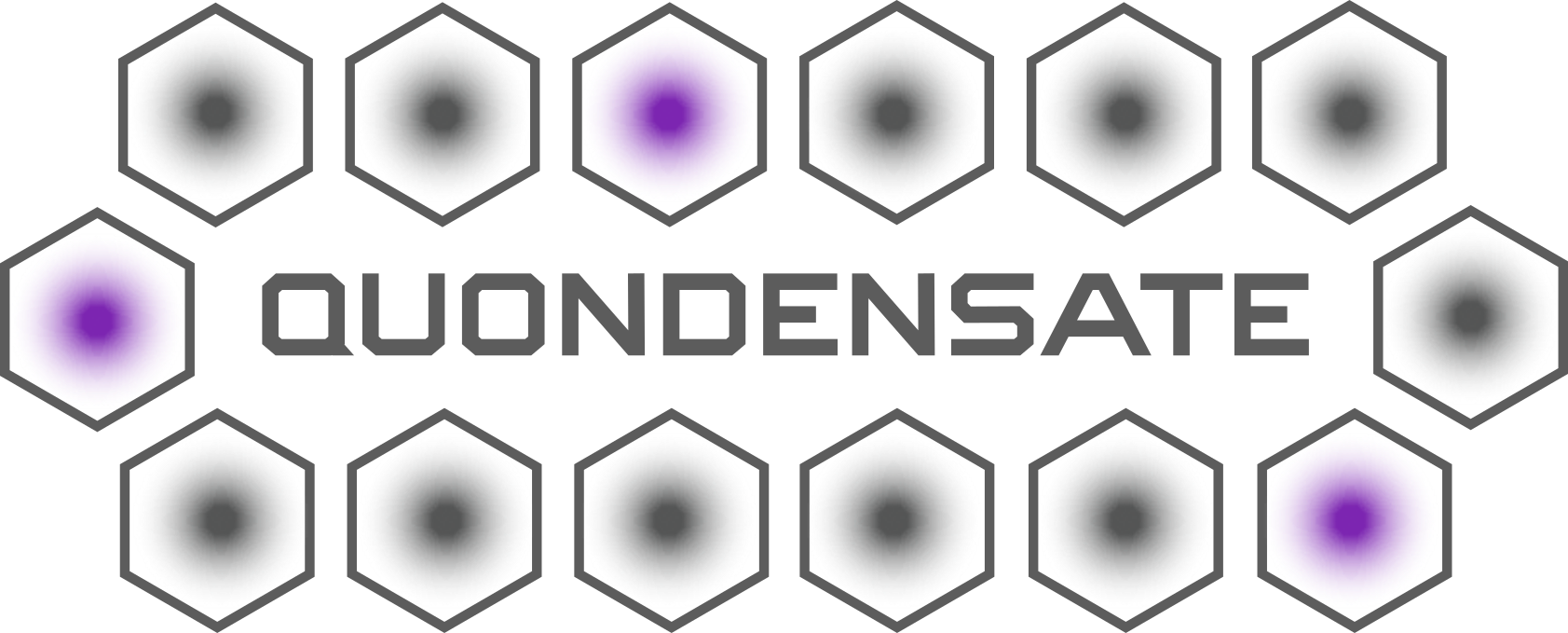
Research expertise
The Polariton group at University of Warsaw has world-class expertise in nonlinear optical phenomena occurring in light-matter coupled systems and has recently implemented a new optical neuromorphic computing scheme based on exciton-polariton condensates.
The building block of our devices is an optical cavity filled with different type of materials: semiconductors, semi-magnetic semiconductors, transition metal dichalcogenides, perovskites, organic dyes, proteins and liquid crystals. The physical phenomena that we are investigating spans from non- equilibrium Bose-Einstein condensates, spin interactions in bosonic quantum fluids, photonic analogues of condensed matter systems like Rashba-Dresselhaus fields and neuromorphic computing, where the structure of our photonic network imitates the structure of the human brain.
Role in QUONDENSATE
In QUONDENSATE we will focus on quantum effects in semiconductors, perovskites and 2D materials in optical cavities. We will determine the degree of quantum correlations of the defects based on time-correlated-single-photon counting and noise-correlation spectroscopy. We will interconnect the quantum defects into a nodes network through spatial coupling, enhanced by light-matter interaction. The network will be excited with tailored light pulses and the signal processed by the nonlinear quantum correlations network will be optimized for quantum computing algorithms.
The People
Prof Barbara Pietka (PI)
QUONDENSATE related papers
- K. Tyszka, M. Furman, R. Mirek, M. Król, A. Opala, B. Seredyński, J. Suffczyński, W. Pacuski, M. Matuszewski, J. Szczytko, and B. Piętka,
Leaky Integrate-and-Fire Mechanism in Exciton-Polariton Condensates for Photonic Spiking Neurons,
Laser & Photonics Reviews 17, 1 (2022) - A. Opala, R. Panico, V. Ardizzone, B. Piętka, J. Szczytko, D. Sanvitto, M. Matuszewski, D. Ballarini,
Training a Neural Network with Exciton-Polariton Optical Nonlinearity,
Physical Review Applied 18, 024028 (2022) - R. Mirek, A. Opala, M. Furman, M. Król, K. Tyszka, B. Seredyński, W. Pacuski, J. Suffczyński, J. Szczytko, M. Matuszewski, and B. Piętka,
Neural networks based on ultrafast time-delayed effects in exciton-polaritons,
Physical Review Applied 17, 054037 (2022) - M. Matuszewski, A. Opala, R. Mirek, M. Furman, M. Król, K. Tyszka, T.C.H. Liew, D. Ballarini, D. Sanvitto, J. Szczytko, and B. Piętka,
Energy-Efficient Neural Network Inference with Microcavity Exciton Polaritons,
Physical Review Applied 16, 024045 (2021) - R. Mirek, A. Opala, P. Comaron, M. Furman, M. Król, K. Tyszka, B. Seredyński, D. Ballarini, D. Sanvitto, T. C. H. Liew, W. Pacuski, J. Suffczyński, J. Szczytko, M. Matuszewski, and B. Piętka,
Neuromorphic Binarized Polariton Networks,
Nano Letters 21, 9, 3715–3720 (2021)
University of Warsaw
Founded in 1816 the University of Warsaw (UW) is the largest and according to the latest Shanghai Ranking also the best higher education establishment in Poland – among the top 3% of the world’s best universities. The university has big potential in terms of science, research and human resources. UW offers studies in several dozen of fields of arts and sciences at 1 and 2 cycle programs, as well as at the integrated Master programs, for post-graduate students and PhD students.
The Faculty of Physics is a large research and teaching centre, the biggest physics and astronomy department in Poland. It is among 75 of the best institutions in Shanghai’s Global Ranking of Academic Subjects (GRAS) in “Physics”. With the most up-to-date research infrastructure, has the highest quality equipment in the fields of new materials and technologies, nanotechnology, photonics, quantum optics, new medical devices and techniques, biotechnology and bioengineering. The multidisciplinary research profiles units at the UW include the Centre of New Technologies, Centre of Biological and Chemical Sciences, Centre for Preclinical Research as well as DELAB – a research unit conducting interdisciplinary research on the transformation related to the development of information and communication technologies and drawing up solutions in the scope of the effective application of new technologies in the economy and society in Poland and the Central and Eastern Europe.


